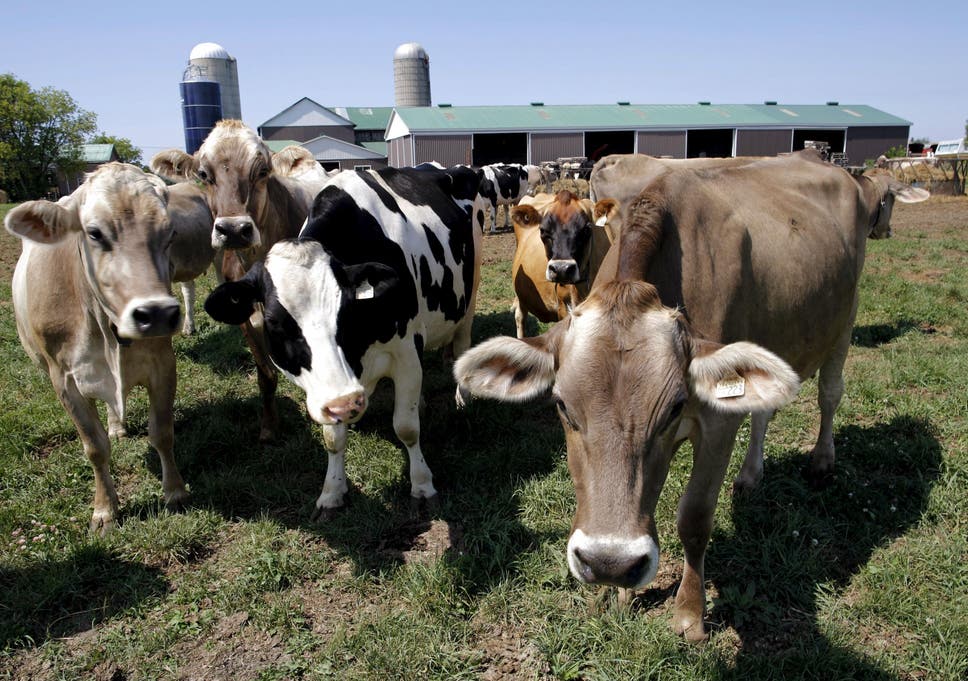New Zealand to cull 150,000 cows in desperate measure to stop spread of deadly bacteria
Plan will cost hundreds of millions of dollars, and, if successful, would be first time an infected country has eliminated Mycoplasma bovis
Found in Europe and the US, the bacteria can cause cows to develop a number of deadly conditions, though it is not thought to threaten food safety ( Reuters )
New Zealand plans to slaughter about 150,000 cows as it tries to eradicate a strain of disease-causing bacteria from the national herd.
Politicians and industry leaders announced the ambitious plan on Monday. They say it will cost hundreds of millions of dollars, and, if successful, would be the first time an infected country has eliminated
Mycoplasma bovis.
Farming is vital to the economy in New Zealand, whose isolation has helped protect it from some diseases which affect herds elsewhere. Last July,
Mycoplasma bovis was found in the country for the first time.
Found in Europe and the US, the bacteria can cause cows to develop mastitis, pneumonia, arthritis and other diseases. They are not considered a threat to food safety, but do cause production losses on farms.
Officials say they plan to kill all cows on any farms where the bacteria are found, even if some of the animals are healthy.
They say many of the cows will be slaughtered at processing plants and used for beef, but some cows will have to be killed and buried on the farms or dumped in approved landfills.
Officials have the legal authority to forcibly enter farms and kill animals even in cases where a farmer might resist, but they said they hope they do not have to use those powers.
Katie Milne, the national president of the advocacy group Federated Farmers, said it was important to try to get rid of
Mycoplasma bovis while there was still a chance.
She said they would try to make sure affected farmers had all the support they needed, including adequate compensation.
“This is a tough time, and the pain and anguish they’re going to go through is really hideous,” she said of the affected farmers. “And we have to support them as neighbours, community members, farmers, friends.”

